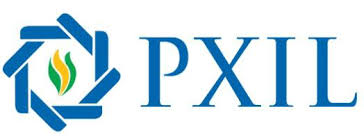
Ankur A. Kulkarni
Professor
Centre for Systems and Control, Centre for Machine Intelligence and Data Science, IIT Bombay Trust Lab, QUICST
Indian Institute of Technology Bombay
Projects
This page is under construction
Consultancy projects
Details of projects can be shared on request.

Analysis related to Algorithmic Trading, HFT & Colocation in Indian securities market.
Client: Securities and Exchange Board of India

Agent-based Model for Sales Agents in Insurance
Client: HDFC Life Insurance Company

Analytics for Anti-Money Laundering
Client: Kotak Mahindra Bank Ltd

Online-detection of Anomalous Behaviour in Active Directory Logins
Client: Kotak Mahindra Bank Ltd

Research advisory in the role of Visiting Principal Scientist
Client: Tata Consultancy Services Ltd

Suggestions to enhance competition in Reverse Auction process
Client: Power Exchange India Ltd

Collaboration on Development of AI and game theory based detection system
Client: Vir Innovations Ltd
Research projects
(Under construction)